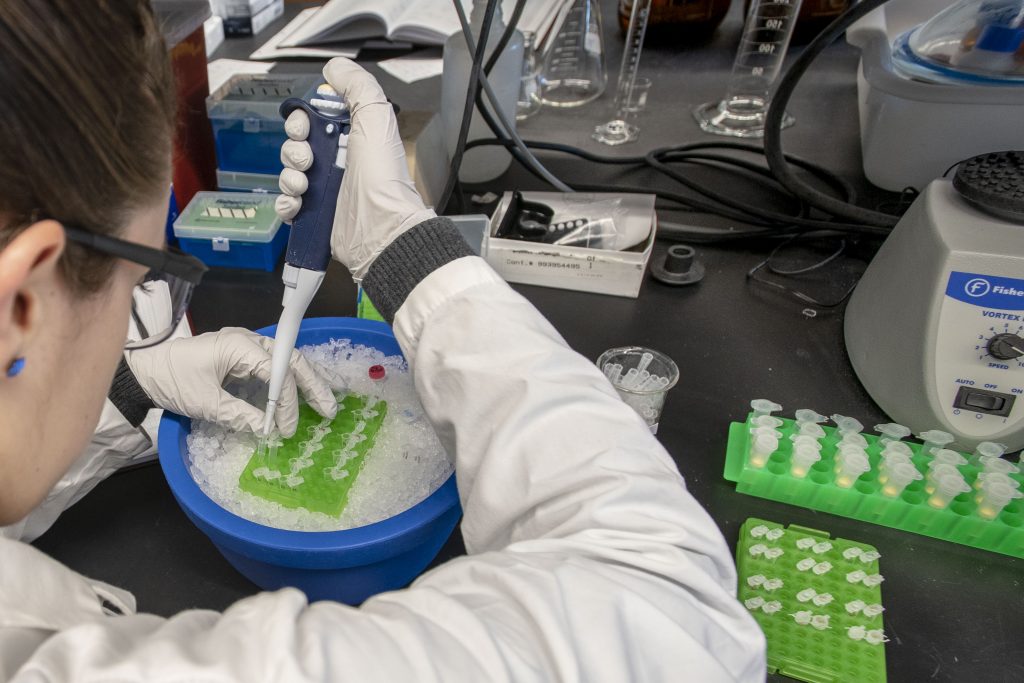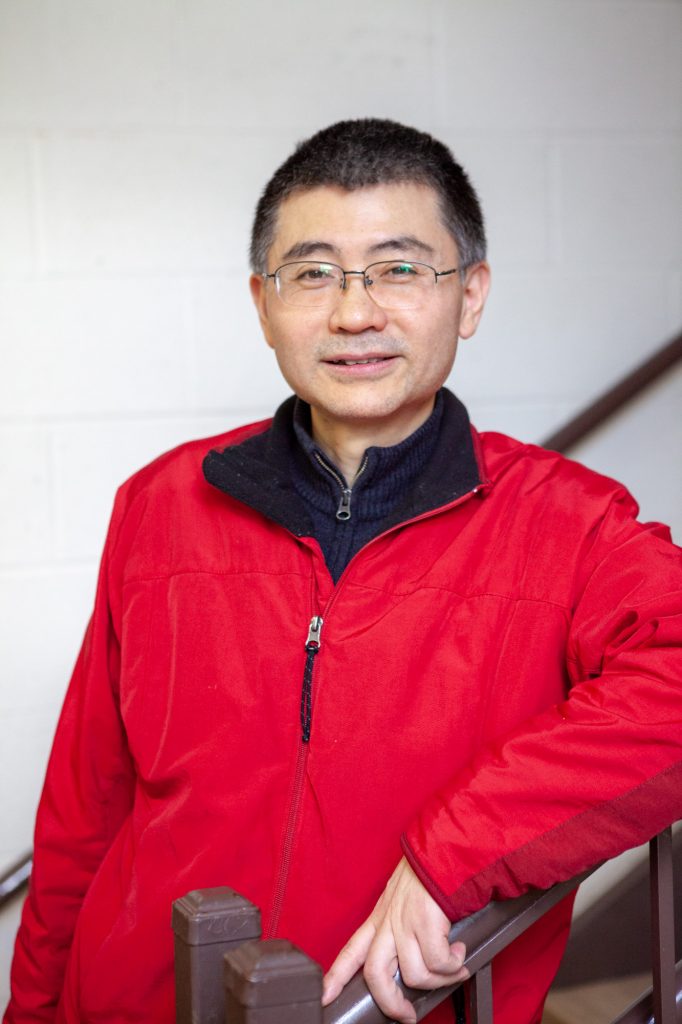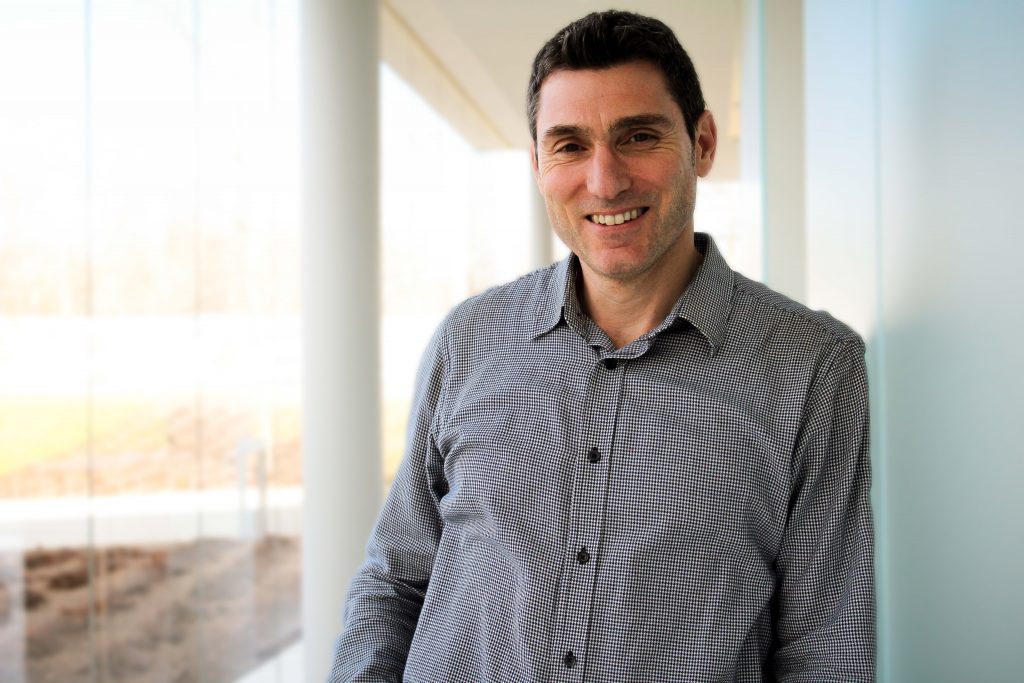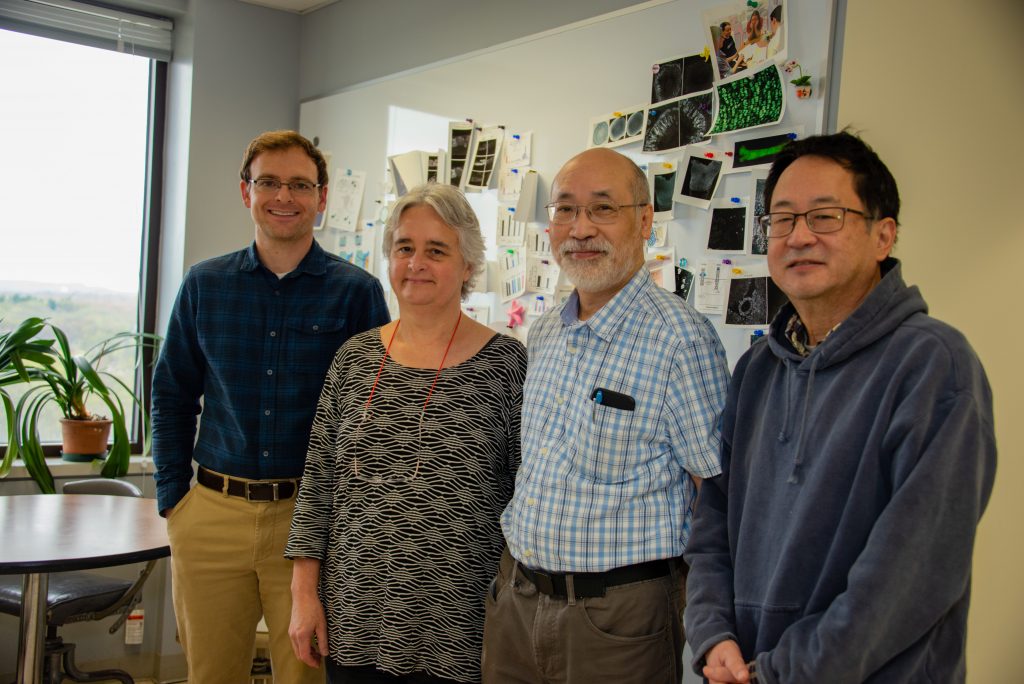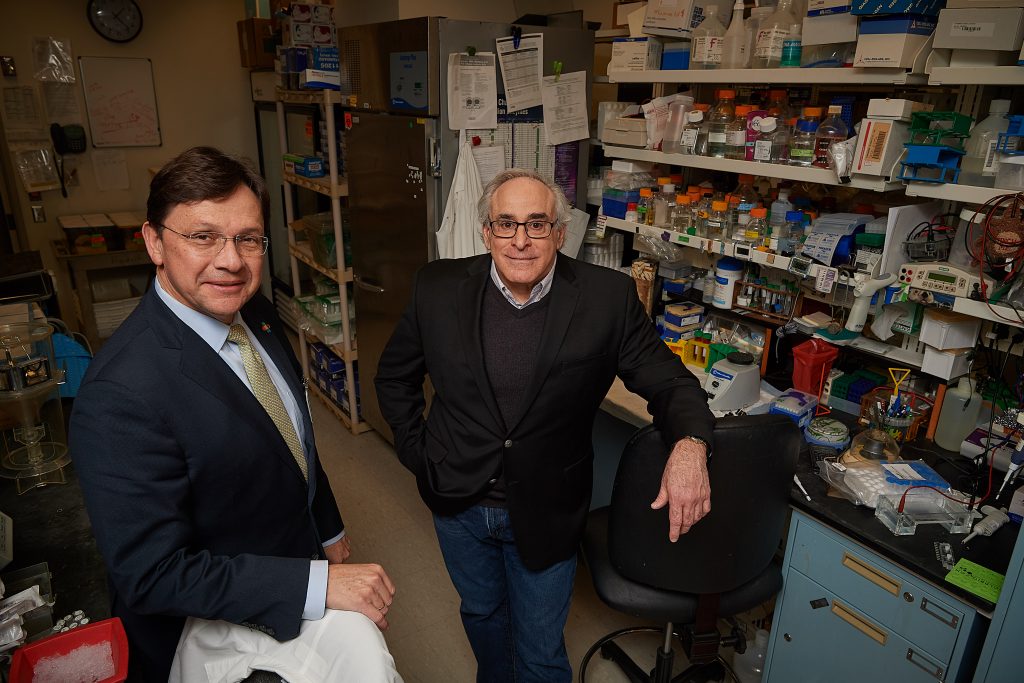
Executive Director, Office of Communications
Jessica McBride, PhD
Dr. Jessica McBride is the Executive Director of the Office of Communications at UConn's College of Agriculture, Health and Natural Resources. She is responsible for developing and implementing communications and marketing strategies to highlight the College's unique research strengths, outstanding academic offerings, and extensive community impact. An alum, Jessica earned her Ph.D. from UConn in 2017.
Author Archive
Meet the Researcher: Beth Taylor, Kinesiology
Beth Taylor is a lifelong runner and she is someone who has been lucky enough to turn her passion for exercise and health in to a career in kinesiology. Taylor is an associate professor of kinesiology at the University of Connecticut and director of exercise physiology research in Cardiology at Hartford Hospital. After graduating from […]
June 10, 2019 | Anna Zarra Aldrich '20 (CLAS), Office of the Vice President for Research
Meet the Researcher: Beth Taylor, Kinesiology
Beth Taylor is a lifelong runner and she is someone who has been lucky enough to turn her passion for exercise and health in to a career in kinesiology. Taylor is an associate professor of kinesiology at the University of Connecticut and director of exercise physiology research in Cardiology at Hartford Hospital.
June 10, 2019 | Anna Zarra Aldrich '20 (CLAS), Office of the Vice President for Research
New $2.8M Grant Looks at Bioinformatics and Bone Health
A team of University of Connecticut researchers has received a $2.8 million grant from the National Institutes of Health for a five-year project studying how a variety of genes impact bone health.
June 5, 2019 | Anna Zarra Aldrich '20 (CLAS), Office of the Vice President for Research
OVPR Announces Inaugural Therapeutics Awards
PATH is a partnership that includes the OVPR, the School of Pharmacy, and the School of Medicine to accelerate the translational pathway for researchers to convert their discoveries to new medical therapeutics.
June 4, 2019 | Jessica McBride, PhD
A Gas Sensor That Can Take the Heat
UConn professor, Yu Lei, has patented an improved gas sensing technology for use in industrial applications.
May 30, 2019 | Anna Zarra Aldrich '20 (CLAS), Office of the Vice President for Research
Quantifying Chaos with Eversource Energy Center Director, Emmanouil Anagnostou
Emmanouil (Manos) Anagnostou, director of the Eversource Energy Center, knows the value of bringing together great minds and rich data to prepare for whatever the weather has in store.
May 28, 2019 | Anna Zarra Aldrich '20 (CLAS), Office of the Vice President for Research
Marine Knowledge is Power: Predicting Ocean Resources for Coastal Communities
With support from the National Center for Atmospheric Research (NCAR), UConn marine scientist Samantha Siedlecki is developing predictive models to help coastal communities plan for their vital marine resources in the face of big ocean changes in the coming decades.
May 22, 2019 | Jessica McBride, PhD
Advanced Electron Microscopy Center Tackles Real World Challenges in Materials Science
Located at UConn Tech Park, the InToEM center will provide unprecedented insight and will open up a world of research opportunities for climate change and green/clean technologies.
May 21, 2019 | Jessica McBride, PhD
UConn Health Researchers Win $2.5M NIH MERIT Award
With a $2.5M MERIT grant from the NIH, professor of cell biology Laurinda Jaffe will lead a team of UConn Health researchers to better understand the physiological mechanisms that regulate the oocyte cell cycle and lead to fertilization.
May 14, 2019 | Anna Zarra Aldrich '20 (CLAS), Office of the Vice President for Research
UConn Health Leads International Center to Develop Syphilis Vaccine
“An effective syphilis vaccine would represent a triumph for biomedical research over an ailment that has defied conventional public health strategies for prevention and control,” says Dr. Justin Radolf of UConn School of Medicine.
May 10, 2019 | Jessica McBride, PhD


